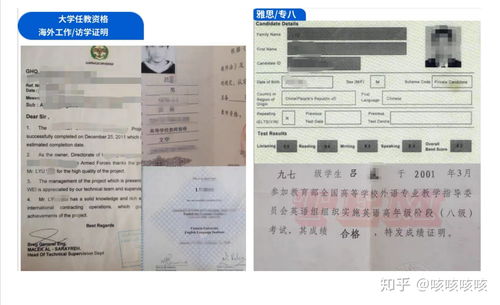Understanding Election Conditions
Election conditions refer to the prevailing circumstances, factors, and dynamics surrounding an electoral process. These conditions can significantly influence the outcome of elections and shape the political landscape of a nation. Understanding election conditions is crucial for assessing the fairness, transparency, and legitimacy of the electoral process. Let's delve into some key aspects that constitute election conditions:

1.
Legal Framework
: The legal framework governing elections sets the rules and regulations that guide the electoral process. This includes laws regarding voter registration, candidate eligibility, campaign finance, polling procedures, and the resolution of disputes. A robust and impartial legal framework is essential for ensuring free and fair elections.2.
Political Environment
: The political environment encompasses the broader context in which elections take place. This includes the level of political competition, the presence of dominant political parties or factions, the degree of polarization, and the extent of political violence or intimidation. A conducive political environment fosters pluralism, participation, and democratic expression.3.
Electoral Administration
: The effectiveness and integrity of electoral administration play a crucial role in shaping election conditions. This involves the management of voter registration, the organization of polling stations, the deployment of election observers, the counting and tabulation of votes, and the resolution of complaints or irregularities. Transparent and competent electoral administration enhances public confidence in the electoral process.4.
Media and Information Landscape
: The media and information landscape influences public opinion, political discourse, and voter behavior during elections. Factors such as media ownership, editorial independence, access to information, and the spread of misinformation or disinformation can impact the fairness and openness of electoral campaigns. A diverse and responsible media environment contributes to informed decisionmaking by voters.5.
Civil Society Engagement
: The involvement of civil society organizations, including election monitoring groups, advocacy networks, and grassroots movements, can serve as a check on electoral misconduct and malpractice. Civil society plays a vital role in promoting transparency, accountability, and citizen participation throughout the electoral cycle. Strong civil society engagement fosters greater democratic oversight and civic engagement.6.
Security and Stability
: Election conditions are influenced by the overall security and stability of the country. Political instability, conflict, or insecurity can undermine the conduct of elections and impede voter turnout. Ensuring adequate security arrangements, including the protection of candidates, voters, and election infrastructure, is essential for safeguarding the integrity of the electoral process.7.
Inclusivity and Accessibility
: Electoral conditions should facilitate the participation of all eligible voters, regardless of their background, identity, or socioeconomic status. This includes provisions for voter registration, polling station accessibility, language assistance, and accommodations for persons with disabilities. Inclusive electoral processes uphold the principle of equal suffrage and promote the representation of diverse voices in governance.In conclusion, understanding election conditions requires a comprehensive analysis of the legal, political, administrative, media, civil society, security, and inclusivity factors that shape the electoral environment. By addressing challenges and promoting conducive conditions, societies can strengthen their democratic institutions and uphold the principles of free and fair elections.












评论